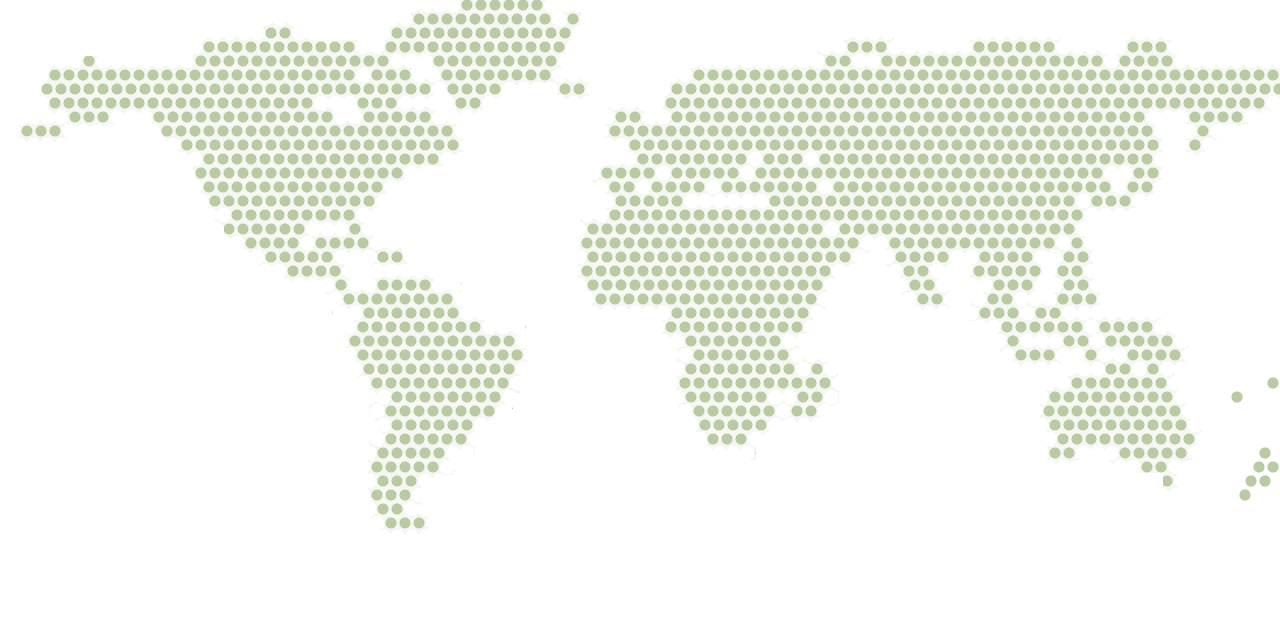Activity List
Activity List
CHALLENGEIn the forestry sector, small and medium-scale enterprises (SMEs) are often considered a vehicle for development, jobs, and poverty alleviation among forest-dependent households. SMEs are thought to constitute 80–90 percent of enterprises in the forest sector, with an estimated over 40 million people employed (either part-time or full-time) through such enterprises. SMEs also primarily service the domestic markets for wood and non-wood products—markets that in many regions of the world are growing in tandem with the growing middle class.Despite widespread support for SMEs, the…
Read More
PROGRAM SUMMARYThe objective of this activity is to support the Government of Mozambique in implementing nature-based solutions for urban flood risk management, particularly in coastal cities. The activity will also leverage the lessons learned in Mozambique to support the future application of similar solutions in the wider Africa region.CHALLENGEMany of Africa’s major cities are located in river deltas along the coast. These cities are highly prone to damaging floods due to the combination of climate extremes and rapid urbanization. Mozambique is one of the countries most exposed to coastal…
Read More
CHALLENGEThe Upper Guinea Forest, which covers six West African nations, is being severely threatened by commercial logging, slash-and-burn and plantation agriculture, weak governance, industrial-scale mining, and unsustainable bushmeat hunting. Civil conflict adds a further strain when refugees turn to the forests for shelter and firewood.At the same time, growing national interest in climate change and forest governance trade initiatives (REDD+, FLEGT) is encouraging radical re-thinking in fields such as timber supply and tree and land tenure. The importance of agriculture, energy security…
Read More
APPROACHWith support primarily from the Netherlands-Mongolian (NEMO) Trust Fund for Environmental Reform and the World Bank’s Forest Law Enforcement and Governance (FLEG) trust fund, the Wildlife Conservation Society (WCS) had been providing technical assistance focused on detecting and taking actions against illegal wildlife trade in Mongolia. The objective of subsequent technical assistance funded by the FLEG Trust Fund (later part of PROFOR) was to assess the gaps in current laws and regulations which hinder or prevent effective wildlife trade law enforcement, and strengthen local capacity…
Read More
CHALLENGEThe Government of Mexico has recently approved an ambitious Plan (PRONAFOR 2014-2018) with a vision to transform the forest sector into a competitive and socially-inclusive sector that would boost rural economy in Mexico. To achieve its objectives the PRONAFOR is based on a transversal approach, which contemplates the collaboration and coordination of its activities with a number of other government entities, including the Ministry of Agriculture. However, the multiplicity of government actors operating in the rural sector in Mexico under a set of dispersed and fragmented functions…
Read More
CHALLENGEForests and related resources in Zambia represent the lifeline of rural economies and daily subsistence. The forest sector currently contributes about 5.2% to the country’s GDP, and provides formal and informal employment to about 1.1 million people. The Government of Zambia seeks to manage and enhance forest products and services in order to mitigate climate change, boost income generation, poverty reduction and job creation, and protect biodiversity.However, Zambia currently lacks the support to effectively tap into the value of forest ecosystem services. For meaningful engagement…
Read More









